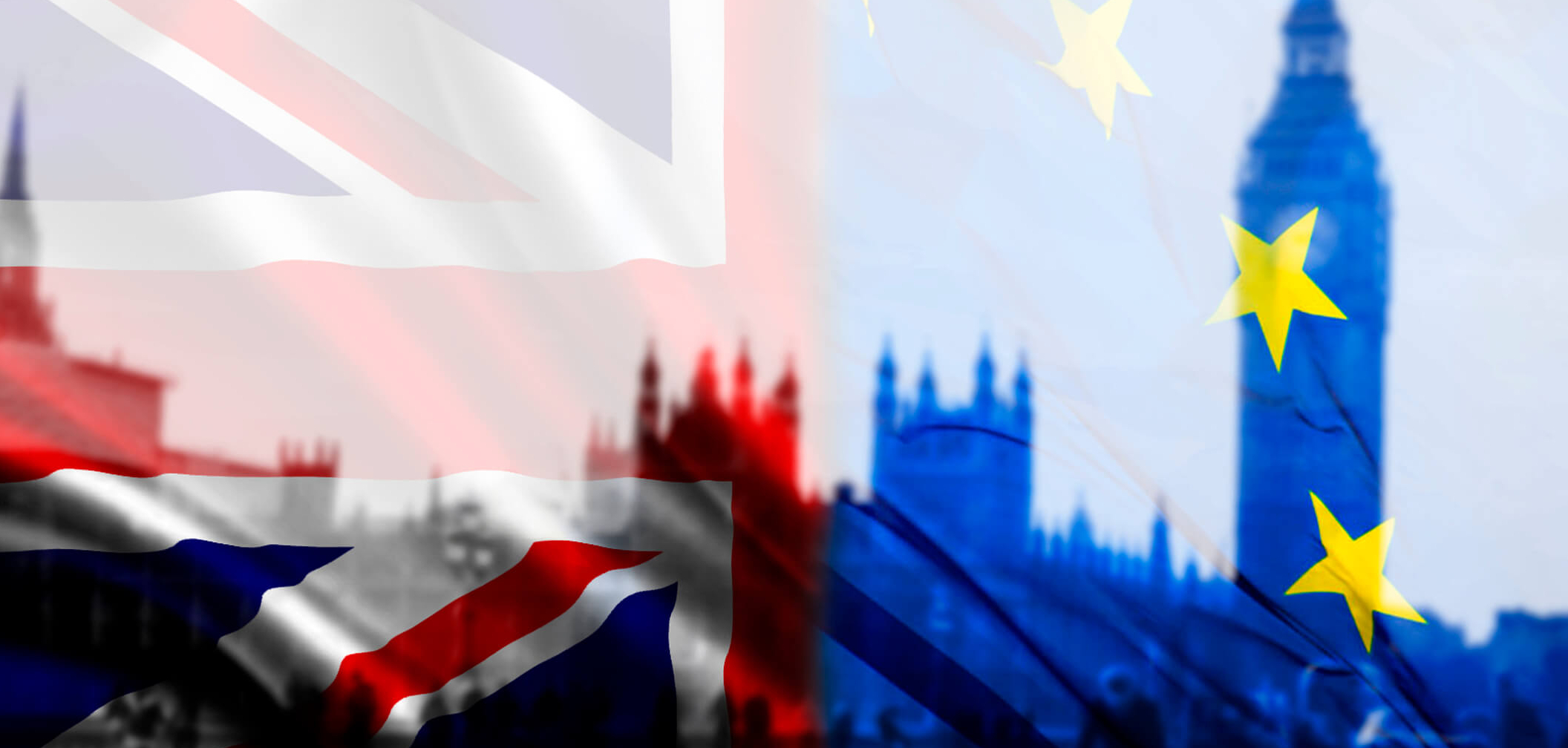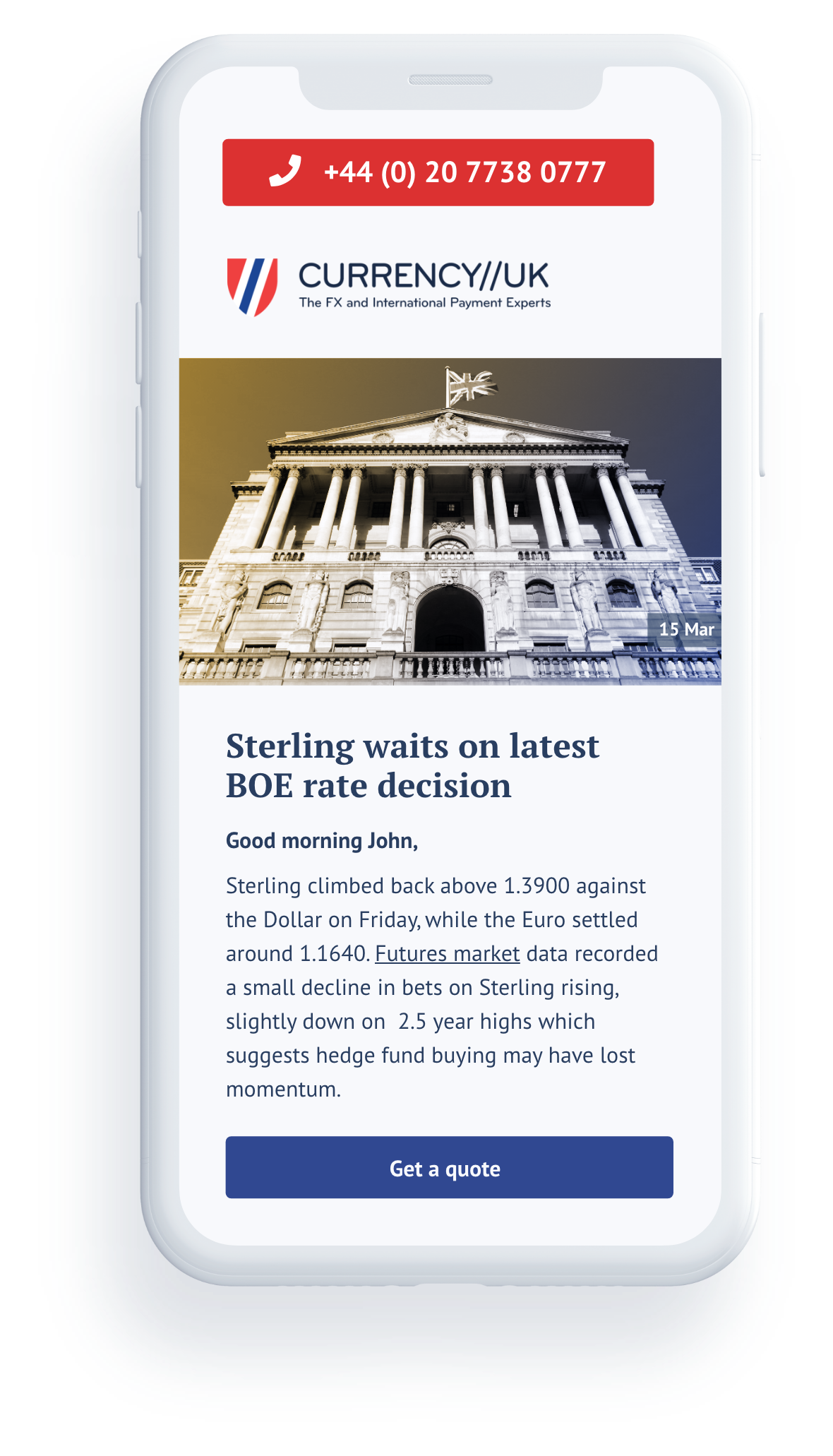Brexit – What’s Next?

The dust has begun to settle on Brexit. The domestic turbulence experienced in the years following the 2016 referendum may now seem distant considering the global implications of the pandemic. Despite this, the UK’s relationship with the EU and the wider world has still changed in ways that are being felt up and down the country, as well as across industries and sectors. Furthermore, the changes made to these relationships are having effects that are still changing and developing as we emerge from Covid. Here are some of the areas that Brexit is affecting and will continue to affect in the coming years.
Manufacturing
Exiting the EU meant developing a new domestic standards regime, creating specifications and requirements that different products must fulfil to be considered fit for purpose and eligible to place on the UK market. This also meant creating a new product mark to replace the CE mark, which shows a product has fulfilled its requirements and has been certified for sale. Currently, we are in a transition phase (extended since last year) where products can be affixed with the CE mark to exhibit compliance with UK standards. This has had the effect of adding a lot of paperwork to manufacturing processes. Selling products from the EU in the UK and vice versa has far more red tape than it once did. This has led to some businesses ceasing their cross-border trade or drastically curtailing it, especially smaller businesses. The transition period is still in effect, so it is likely this will have more dramatic implications in the future.
Regional/industry specific repercussions
The farming and fishing industries were some of the more pro-Brexit sectors of the UK population during the referendum, wishing for less red tape and the ability to leave the EU for reasons such as the Fishing Protocol. However, these industries have been some of the hardest hit, losing subsidies and running into conflict with international fishermen over where each country is allowed to fish. Furthermore, new trade deals with places like Australia have also had negative effects on British farming. This is likely to cause further pain as new deals, with countries like India, come into play.
Currency
Throughout the Brexit process, GBP faced periodic volatility not dissimilar to the patterns we have seen with Covid. However, as an overall, Brexit has caused a negative impact on Sterling since the official exit. There are a number of open negotiations which will impact GBP so the true impact on GBP will not be clear until all of these have been finalised. While the fall of GBP hurt some businesses that were unprepared there are also a number of operational hangovers from Brexit with regards to international payments, charges and taxation which continue to cause headaches and increased costs for businesses up and down the country.
What’s next?
With many deals and procedures still to be thrashed out, the true impact of something like Brexit may not be seen until we can look back with the perspective of 10 or so years. However, with many question marks still remaining and the impact of covid causing further delays, ensuring you are well prepared for further currency volatility and best placed to deal with changes to banking and international payments will help businesses navigate new processes in a more cost-effective way.
To speak to a member of our team regarding international payments between the UK and the EU and how to protect against market volatility call us on +44 (0) 20 7738 0777.

